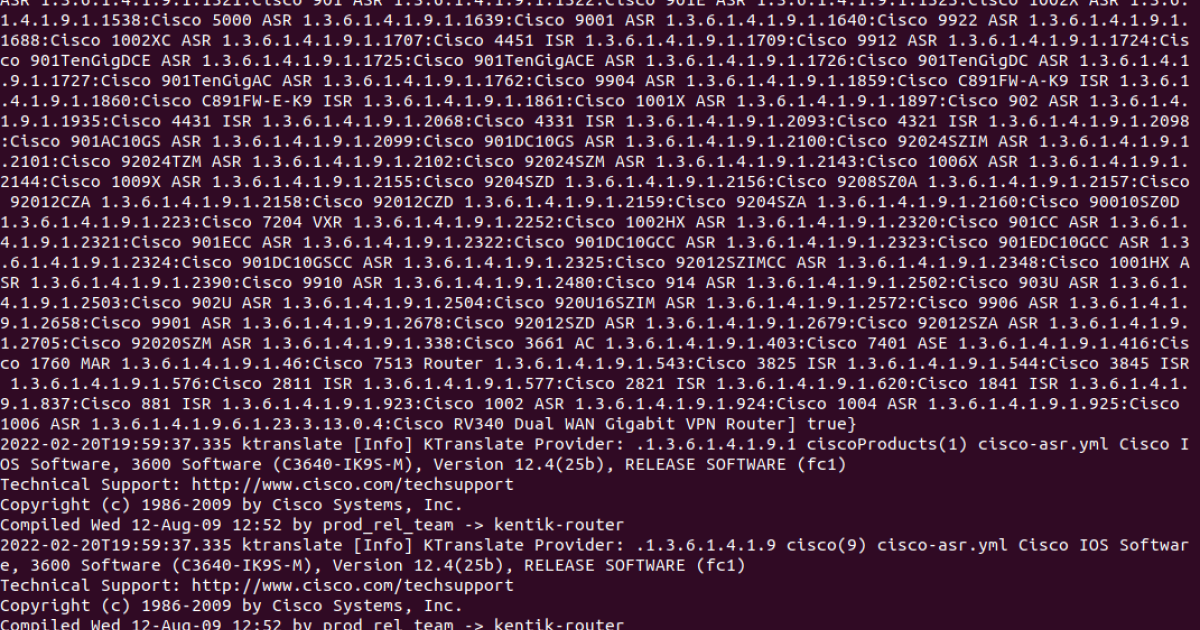
"The Domain Name System (DNS) translates domain names like "newrelic.com" into numeric IP addresses, serving as a digital phone book for internet navigation."
"DNS operates as a hierarchical, globally distributed database that ensures scalability and fault tolerance across the billions of requests processed daily."
"Different types of DNS servers, including recursive resolvers and authoritative nameservers, play specific roles in the resolution process for domain names."
"Authoritative DNS servers respond with the correct IP addresses for their domains, acting as the definitive source of information for domain management."
The Domain Name System (DNS) is essential for internet navigation, converting human-readable domain names into numerical IP addresses. It functions like a digital phone book, utilizing a distributed database system for mapping. DNS servers, including recursive resolvers and authoritative nameservers, manage this architecture to ensure efficient querying and traffic direction. Authoritative servers hold the actual DNS records, maintaining the accuracy needed for domain management, while the hierarchical structure of DNS allows for scalability and reliability in handling billions of requests globally daily.
Read at New Relic
Unable to calculate read time
Collection
[
|
...
]